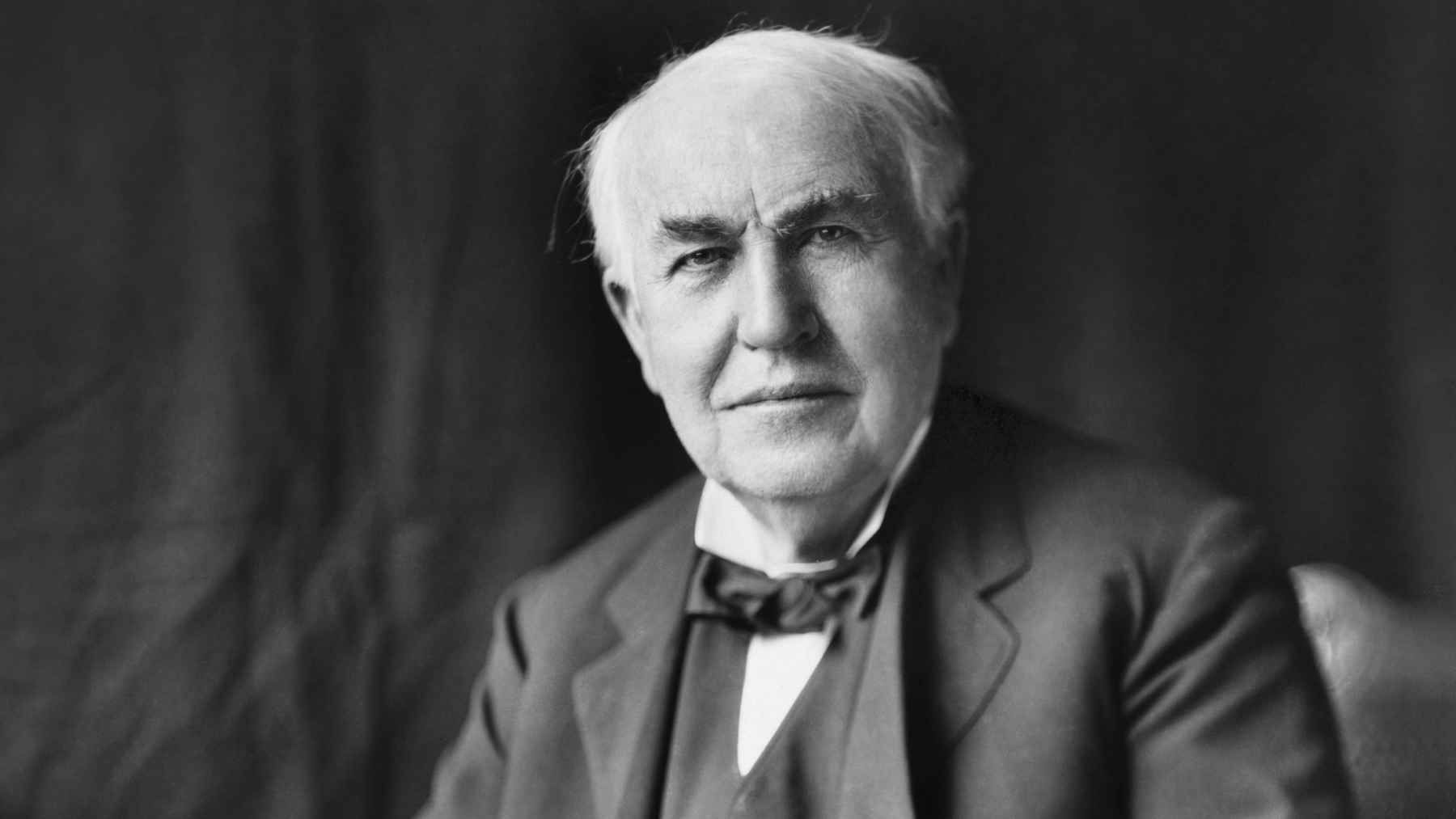The Social Security Administration has announced that recipients will receive two payments in October, and no, this does not mean you can spend your checks frivolously; the two payments are a direct result of the SSA payment schedule, which takes national holidays and weekends into consideration when scheduling payments to recipients. The institution plays a crucial role in delivering integral financial payments to recipients who otherwise would struggle to meet their everyday needs. They have warned that this does not mean that two payments will be allocated in the same month.
Recipients have been urged by the SSA to check the payment schedule
The reality of the situation is not that certain recipients will receive extra benefits and payments in October, but rather that the payment system is designed to consider weekends and national holidays. The SSA plays a crucial role in providing recipients with a sustainable and reliable form of government payments to alleviate the cost of living in the United States.
Recipients have been urged by the SSA to take into consideration the fact that they are not receiving an extra payment in October, but rather that the payment schedule calls for payments to be made on the 1st and last day of every month, which in October means that the payments will be made on Wednesday, 1 October, and Friday, 31 October. The SSA has urged recipients to check the Social Security payment schedule to get clarity on their situation.
The Social Security Administration states that this is normal practice in the United States
When the payment falls on a national holiday or on the weekend, the payment is diverted to the previous workday in the month. This could lead to several recipients receiving two payments in the same month. Recipients are urged to budget accordingly, as the payment is considered to be the disbursement for the next month, and that recipients will not be receiving two payments for a single month.
To find out when your payment is to be sent, we urge you to check the Social Security payment schedule online and determine how to budget accordingly. The SSA doubled down on its website by stating that the payments need to be considered as two payments for consecutive months and not two payments for the same month.
“It’s not a bonus payment or an extra check.” – The Social Security Administration on their website
A similar occurrence took place in May when SSA recipients received two payments; the 1st of June fell on a Monday, so the payment for June was made earlier than expected. The SSA has stated that the second payment on the 31st of October will not be a second payment for the month, but rather an accelerated payment for November.
The SSA policy on getting two payments in one month is clear on how to determine when your payments can be expected, so recipients can not state that their payments were not made in time.
“When the first day of the month falls on the weekend or a Federal holiday, you receive your SSI payment on the last business day before the first day of the month. That means you may get two SSI payments in the same month.” – SSI website
The SSA has stated that it is important to remain up to date with the payment schedule
The SSA has implemented the change to alleviate any concerns over recipients not receiving their payments on the expected dates. The practice is a normal procedure that the Social Security Administration has been doing for years. Recipients are responsible for checking the payment schedule at their own discretion and to budget accordingly. The SSA is delivering a key socioeconomic benefit to the American people, and the recipients need to understand the fact that they are not receiving two payments for the same month, and that this is not the norm for the SSA.
Disclaimer: This content is informational only and does not supersede or replace the SSA’s or IRS’s own publications and notices. Always verify any specific dates and amounts by following the direct links in our article to SSA.gov or IRS.gov, or by consulting your local SSA field office or tax professional.














